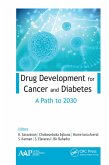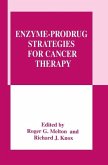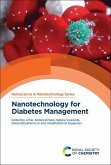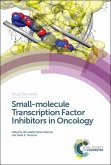The diabetes mellitus epidemic is unfolding across the globe with the World Health Organization (WHO) reporting a worldwide prevalence of 177 million patients with diabetes. Type 2 diabetes accounts for approximately ninety percent of all diabetes cases. Long-term complications of type 2 diabetes include atherosclerosis, heart disease, stroke, end-stage renal disease, retinopathy leading to blindness, nerve damage, sexual dysfunction, frequent infections, and difficult-to-treat foot ulcers, sometimes resulting in lower limb amputation. Diabetics are twice as likely to develop cardiovascular disease or have a stroke, two to six times more likely to have transient ischemic attacks, and fifteen to forty times more likely to require lower-limb amputation compared with the general population. In 2002, the total economic cost of diabetes was estimated to be $132 billion accounting for one in every ten health care dollars spent in the United States. As a direct consequence of this economic impact and in light of the fact that current approved therapies fail to provide adequate therapeutic advantage in preventing hyperglycemia, industry has been heavily focused on addressing new fundamental cellular mechanisms that will potentially address this unmet need. New Therapeutic Strategies for Type 2 Diabetes provides the reader with the most comprehensive survey to-date of the most innovative small molecule research strategies targeted at treating the burgeoning type 2 diabetes epidemic. Each chapter is written by a recognised thought-leader in this field. The book will be an invaluable reference for researchers and medicinal chemists that concisely explains the biological mechanisms underpinning each cutting-edge therapeutic strategy along with key medicinal chemistry rationales and up-to- date clinical findings.
Dieser Download kann aus rechtlichen Gründen nur mit Rechnungsadresse in A, D ausgeliefert werden.









